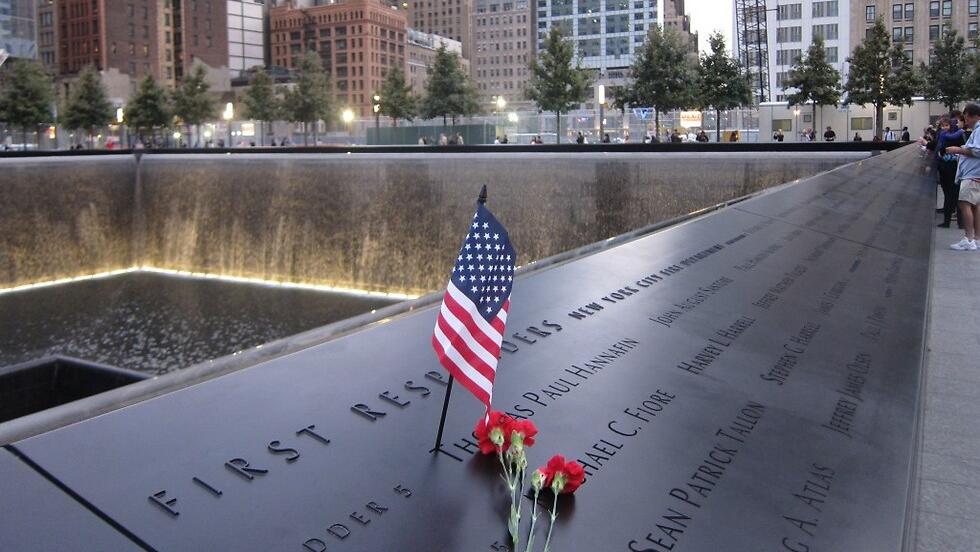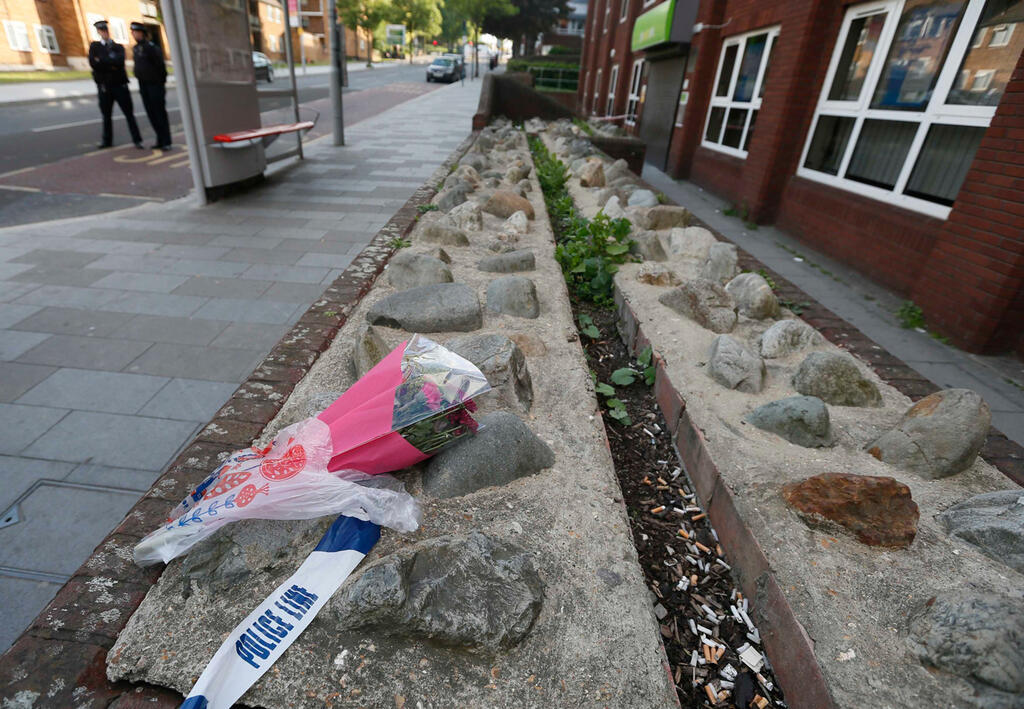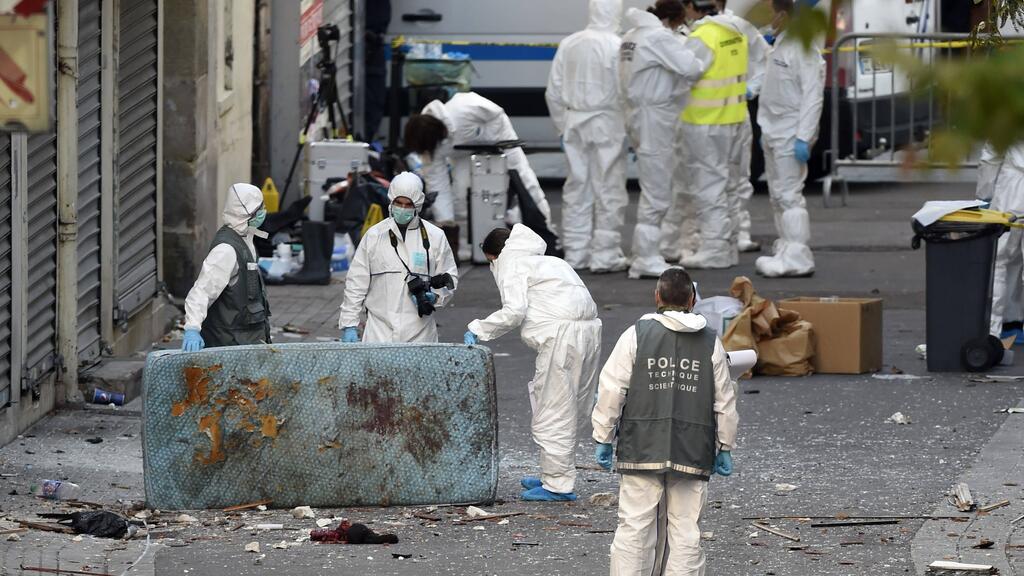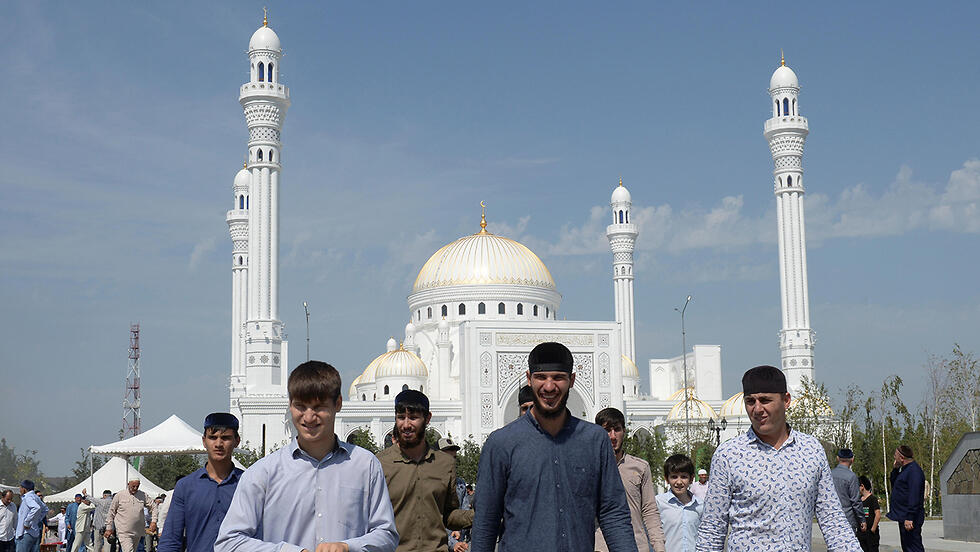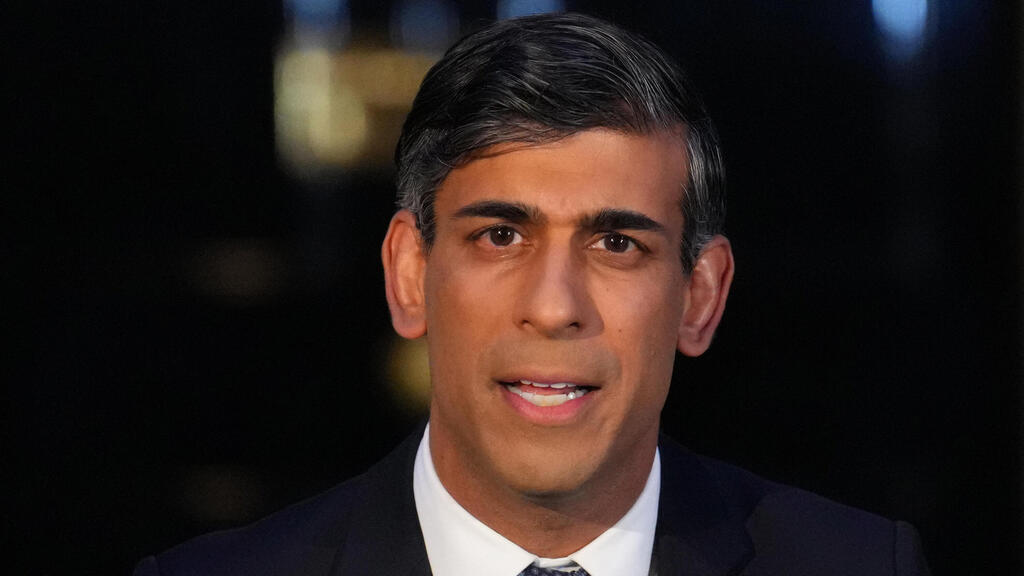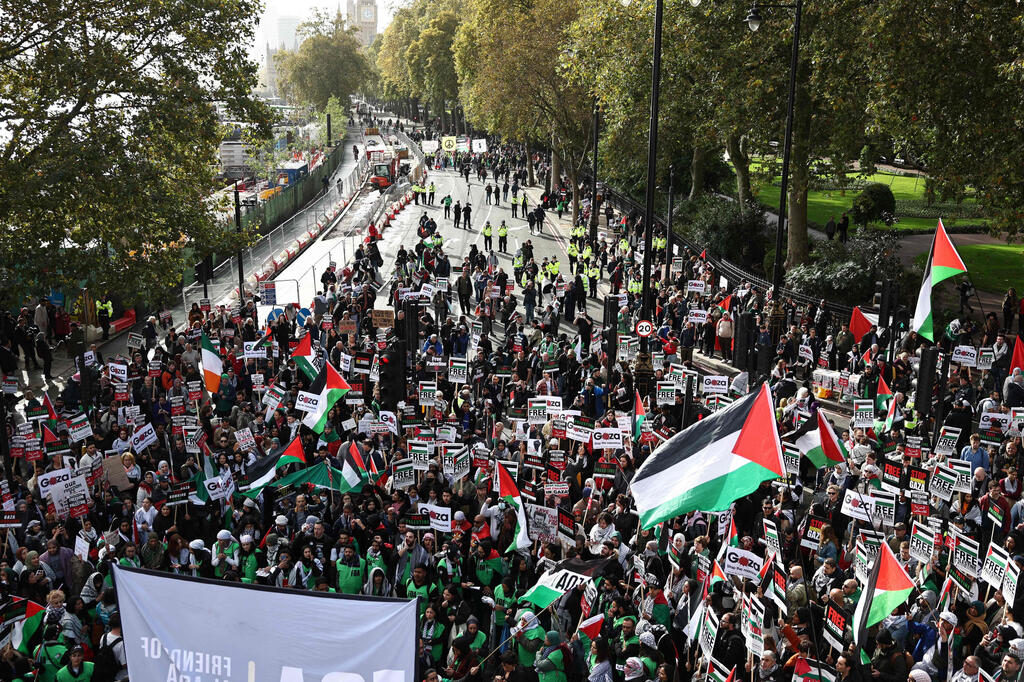On February 26, 1993, a truck bomb exploded in the underground parking garage of the World Trade Center, bringing death to 6 civilians and injuring 1,042 more people. The USA arrested everyone involved in the attack, but paid no attention to the infrastructure that amounts to a hothouse for terrorism inside U.S. borders.
More stories:
American attitudes persisted unchallenged by the fact that the planner of the attack successfully crossed the border as a phony Iraqi refugee, for example. Or by the fact that he was sheltered at a mosque in a New Jersey city by an Egyptian preacher who had settled there. Or by the fact that the terror infrastructure burgeoned under the wing of institutionalized values held holy by Americans — aid for refugees, and freedom of worship.
Three years later, Khalid Sheikh Mohammed was already articulating the plan to collapse the World Trade Center, and he presented it to Bin Laden. After another five years, in 2001, the free world was taken aback when it saw, broadcast in real-time, the crumbling of the world’s most famous skyscrapers, which had become a hallmark of Western dominion and might.
As a result, the USA — together with other countries — launched a war in Afghanistan and in other hotbeds of terror in the world. The war lasted 20 years, from 2001 to 2021. The USA deposed the Taliban regime and established a new pro-American order in its place. Then as soon as the American troops exited the borders of Afghanistan, the Taliban regime returned.
Without entering into a historical survey of all the terrorist attacks perpetrated by radical Islam on European soil, it may still certainly be seen how Islamic terror spread through the capitals of Europe.
In May 2013, the UK suffered a brutal attack as two Islamists beheaded a British soldier on a city street in broad daylight. Surprisingly, the terrorists did not hurry to flee the scene but stayed to “inform” the stunned passersby that the attack was their fault.
“We swear by almighty Allah we will never stop fighting you,” they said as their bloodstained hands still held the machetes and knives. “The only reason we have killed this man today is because Muslims are dying daily by British soldiers. This British soldier is one – he is an eye for an eye and a tooth for a tooth,” the terrorists said, brandishing the usual victimization narrative of the Muslim attackers.
A year and a half later, in January 2015, it was France’s turn for a September 11 of its own, as the local media called it. Two masked men burst into the offices of the Charlie Hebdo magazine in Paris at midday and murdered twelve people — ten journalists and two police officers — after the magazine dared to publish caricatures of Muhammad.
That attack engendered a chain of terrorist incidents in and near Paris, including a shooting in which a policewoman was murdered and the Hypercacher supermarket attack in which four hostages died. A total of eighteen people were murdered in that wave of terrorism — fifteen civilians and three police officers.
Despite the horror of the Charlie Hebdo attack, those who termed it France’s September 11 had no idea what the future held for Paris later that same year. In November, Paris endured its deadliest assault since World War II. At a stadium, in the middle of a rock concert, an attack killed 127 people and wounded dozens.
In 2016, Germany too suffered an attack: A terrorist rammed a truck into a crowd and twelve people died, including tourists and locals alike.
Clear threads of commonality stretch between those attacks and others. Firstly, inspiration and imitation link the attacks into chains. Secondly, radical Islam employs cruelty as a work method in order to create deterrence and a psychology of terror, thus deadening the possibility of response from the society being attacked.
Third, there is propaganda. Radical Islamic terror comes with a consistent excuse based on the attitude of the persecuted victims whose “sensitivity” to being wronged drives them to commit monstrous crimes against humanity. And fourth, in order to destroy the West, radical Islam leverages the values that the West holds sacred.
The sacred values of the West are used in two ways to destroy it. The first way is to strike at the symbols of the West. The World Trade Center was not chosen at random; it was not only a hub of global commerce but also a symbol of Western ascendency.
The French magazine Charlie Hebdo was a symbol of the basic right to free expression. A rock concert in a French stadium symbolizes Western popular culture. The intent, in attacking all those, was to strike at the fundamental values of the West.
The second way that the West is undermined by use of the values it holds sacred is much wilier. Incitement at the mosques obviously maneuvers the West into a dilemma regarding freedom of expression. A terrorist who arrives with refugee papers arouses empathy and reverberates at the humane core of Western values.
By constantly accusing the West of aggression, radical Islam exploits the West’s ambivalence regarding the use of force, knowing that the West wishes to bring about peace and shun war. And the masterpiece is the use of the formula whereby the weak are always in the right. The Muslims are always presented as weak in the face of the imperialistic West and therefore more righteous.
In retrospect, one can only wonder what would have happened if after the truck bomb of 1993 the Americans had been compelled to destroy their own country’s terrorist infrastructures, by means including stricter examination of refugees entering the USA, restrictions on mosques and other religious institutions, and revocation of citizenship, with expulsion from US territory, for those practicing incitement.
It may be that not only would the attack on the World Trade Center have been prevented, but in addition the rise of radical Islam would have been more moderate in the face of the West’s decline, and the inspiration for further attacks that took place on European soil would not have existed.
In December 2023, with the approach of last Christmas, Europe was already perceptibly echoing the Israeli discourse of “preparedness for the holidays” and deploying to face Islamic terrorism.
Apparently, Europe is beginning to show signs of life, under the pressure of the Islamic terrorism that is flooding in. In Western Europe alone, thousands of Islamist operatives are being watched. In Germany, for example, the head of the Office for the Protection of the Constitution (the country’s internal security service) announced that the country was facing “the greatest danger in years” from a possible terrorist attack, and indeed that “such an event could occur any day.”
That announcement came in the wake of an attack in Paris not long before. And recently even the British Prime Minister, Rishi Sunak, said that “our streets have been hijacked by those who are hostile to our values.”
But the hothouses of terrorism, and the terrorists themselves, enjoy a protective umbrella — the importance of which cannot be overestimated — in the form of a policy of accommodation based on acceptance of the psychological propaganda from radical Islam as described above.
Often when radical Islam complains that its violence and cruelty are the fault of “others,” Israel is the one accused. In the case of Israel, radical Islam is all the more an aggressor masquerading as a victim. Beneath the demonstrations of support for the “poor” Gazans is a normalization, in the public mind, of some of the grisliest massacres and rapes that humanity has known.
As in every radical Islamic terror attack, and as is customary in the consistently hypocritical policy of Islam, along with the sword comes the assurance that if only the Israelis were not so cruel to us, we would not be forced to rise up even against Europe.
In other words, radical Islam draws an imaginary boundary that purportedly encloses the quarrel and violence, and it creates a mendacious equation whereby if that particular limited quarrel were solved — and it is a different quarrel each time — then Islam would feel no reason to be violent.
Indeed, there are those who swallow the propaganda of radical Islam and volunteer to popularize and normalize the belief in its messages. One example was raised in a recent debate at the British Parliament, in which the BBC was accused of effectively becoming complicit in Hamas’s well-orchestrated disinformation campaign, which according to the parliamentarian contributed to a spike in antisemitism globally.
Anyone who thinks that the BBC is offensive to Israel, and friendly to covert and overt anti-Semitism, is correct but is missing the most important lesson for Europe and the West. Acceptance of the radical Islamic claims, and of the excuses for violence, will vitiate morality and awareness where Europe is concerned, just as it has where Israel is concerned.
Islamic terrorism begins as poisonous propaganda that paralyzes the sense of morality and justice. It leverages Western values against the West, and then it launches its massacre.
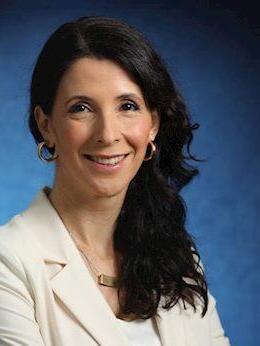 Dr. Ruth Kabessa AbramzonPhoto: Sharon Gabay
Dr. Ruth Kabessa AbramzonPhoto: Sharon GabayThe attempt to give the current conflict a fabricated boundary that limits it to Israel, and to impose a ceasefire on Israel in hopes of buying quiet for the West, is no different from Chamberlain’s policy of appeasement in the face of the Nazi enemy, and it could cost the West dearly in blood and in loss of the global hegemony that the West currently possesses.
The attempt to accommodate radical Islamic terrorism is doomed to fail, as the Israeli case study demonstrates.
- The writer is a member of The Israel Defense and Security Forum, A Zionist activist, Social entrepreneur, and media personality


